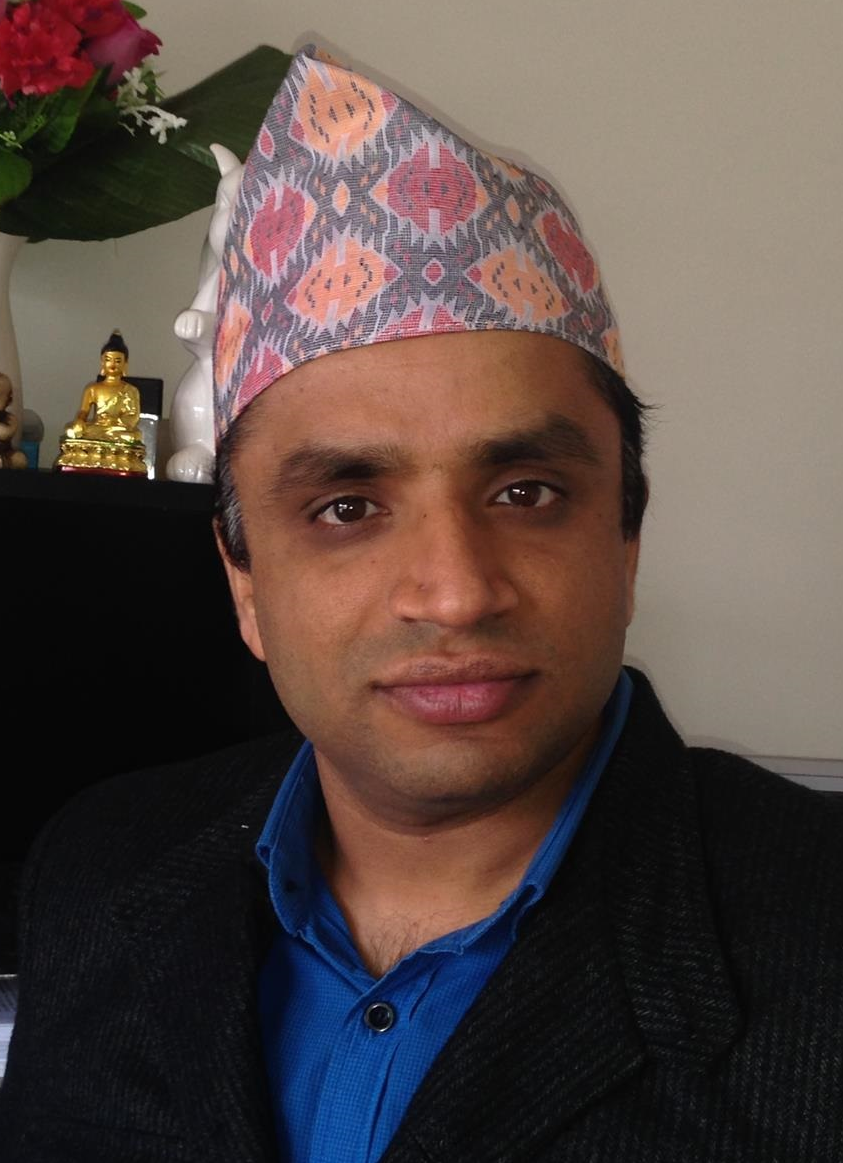About Me
Dr Sunil Aryal is an Associate Professor of Data Science at the Deakin University School of Information Technology. Prior to joining Deakin University in 2019, he was a lecturer at Federation University and a sessional lecturer at various institutions in Australia. Before moving to academia, He worked in industry for several years as a Software Developer and Data Engineer. He received his PhD and Master by Research degrees from Monash University Australia. His research interests are in the areas of Artificial Intelligence (AI), Machine Learning (ML) and Data Mining (DM). He is particularly interested in the application of AI/ML/DM models to solve real-world problems in applications such as Defence, National Intelligence, Engineering, Manufacturing, Healthcare and Education. Currently, he is working on making ML/DM algorithms robust and flexible to handle heterogenous, noisy and uncertain data in real-world problems. He is working on anomaly detection, clustering, kernel/similarity-based learning, ensemble methods, learning from heterogenous, noisy and limited/small data, reinforcement learning, natural language processing, computer vision, and remote sensing. With his colleague Dr. Mohamed Reda Bouadjenek he co-leads the Machine Learning for Decision Support (MLDS) Research Group at the Deakin University School of Information Technology. He has published over 49 papers in top-tier international venues in AI, ML and DM. He is a named investigator in research grants with over AUD 4 million in funding. His research is supported by US and Australia Defence Agencies, Australian Office of National Intelligence, Worksafe Victoria, Victorian State Department of Education and Training, and Technology Innovation Institute UAE.
🌠Research transition success story: Our collaboration with the US Space Force🌠
![]() We are very happy to see our collaboration with US Space Force (USSF) Delta 2 featured in the Basic Research Innovation Collaboration Center (BRICC) news as a basic research transition success story. We have been working with USSF Delta 2 since late 2021 to use anomaly detection algorithms we developed in the satellite object tracking problem. Read the featured article here.
We are very happy to see our collaboration with US Space Force (USSF) Delta 2 featured in the Basic Research Innovation Collaboration Center (BRICC) news as a basic research transition success story. We have been working with USSF Delta 2 since late 2021 to use anomaly detection algorithms we developed in the satellite object tracking problem. Read the featured article here.
